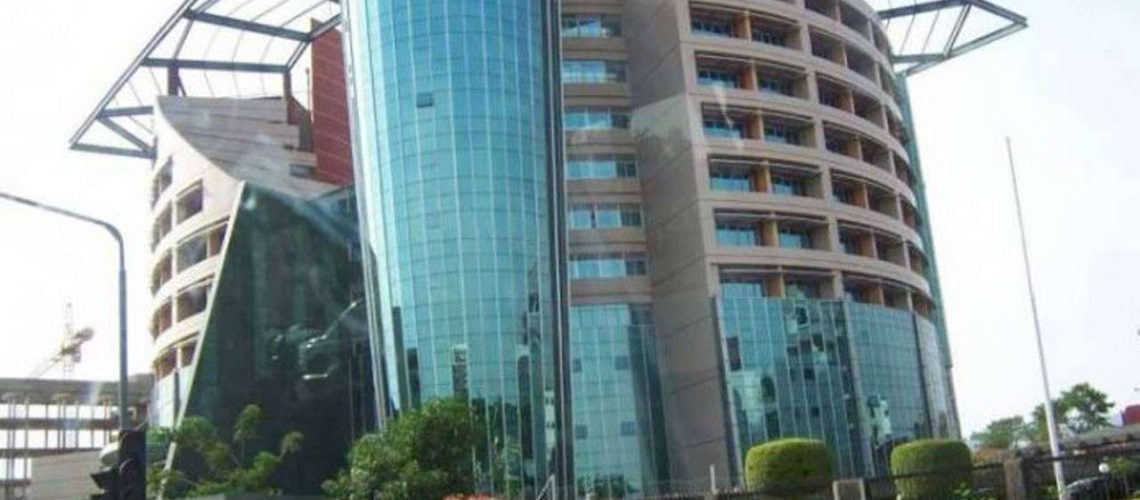In 2020, the Federal Government of Nigeria approved the establishment of the Infrastructure Development Company (InfraCo) by the Central Bank as a body dedicated wholly to improving the nation’s infrastructure. What could InfraCo do for Nigerian energy sector?
What Is InfraCo And How Is It Structured?
In 2020, the Federal Government of Nigeria approved the establishment of the Infrastructure Development Company (InfraCo) by the Central Bank as a body dedicated wholly to improving the nation’s infrastructure. The company was recently launched in October 2021 with an initial seed capital of N1 trillion ($2.63 billion) invested by the Central Bank of Nigeria (CBN), Nigeria Sovereign Investment Authority (NSIA) and Africa Finance Corporation (AFC), with the objective of leveraging both international and local funding to rebuild critical infrastructure in Nigeria over the coming five years.
Under its broad infrastructure investment plan, InfraCo specifically plans to invest in the rehabilitation of road networks and railway lines to facilitate the movement of agriculture, raw materials and finished goods to factories and markets as well as in the rehabilitation of the country’s power sector particularly through investments in the Mambilla Hydropower plant project, the Ajaokuta–Kaduna–Kano Natural Gas Pipeline (AKKP) project, and the Nigeria Liquefied Natural Gas (NLNG) Train 7 project.
According to a report by Moody’s Investor Service, Nigeria needs USD3tn over 30 years to close its infrastructure gap. Considering that the post-privatization expectations for massive investments in the infrastructures in the country were not met, the Nigerian government is seeking other alternatives for investments in the infrastructure sector, hence the formation of InfraCo.
To ensure the achievement of these plans, InfraCo was styled as a public-private partnership, with a board is to be chaired by the CBN governor and with the president of Africa Finance Corporation, the managing director of the Nigeria Sovereign Investment Authority (NSIA), representatives from the Nigerian Governors Forum, the Ministry of Finance, and three independent private sector directors, as members of the board. In addition, the Federal Government named Chapel Hill Denham, Sanlam Infraworks, AIIM (a unit of South Africa’s Old Mutual Group) and Triple-A (a consortium of Africa Plus partners, Arc Asset Management and Afrinvest) as money managers with KPMG as transaction advisers.
InfraCos plans in the Nigerian energy sector
Although operations are yet to begin, we take a closer look at some of the energy sector projects under focus for investments and the potentials benefits in the advent of InfraCo.
Ajaokuta–Kaduna–Kano Natural Gas Pipeline (AKKP) project.
The Ajaokuta–Kaduna–Kano Natural Gas Pipeline (AKKP) is a pipeline planned to transport natural gas from Ajaokuta, in Kogi State to Kano, in Kano State, through several states and urban centers, as part of the Trans Nigeria Gas Pipeline.
The AKKP gas project is a critical gas infrastructure project in Nigeria but has suffered lapses due to financial issues. The challenges came as a result of Chinese lenders failing to release funds for the project. This left the government no other option than to begin seeking funds from elsewhere up to the tune of $1 billion.
With the introduction of the Infra-Co of Nigeria, there can be a better channeling of funds through a recognized legal entity for the Infrastructural projects of the Nigerian government. Generally, Chinese lending to African Infrastructure projects has fallen from a high of $11 billion it used to be in 2011, now to a substantially low figure of $3.3 billion in 2020.
With the advent of Infra-Co, Nigeria is beginning to place itself in a “safe-space”, seeking local means of funding its infrastructural projects like the AKK, which is critical to its industrial growth and economic development.
Nigeria Liquefied Natural Gas (NLNG) Train 7 project
Nigeria Liquefied Natural Gas (NLNG) Train 7 project is an ongoing expansion of the Nigeria LNG Terminal at Bonny Island, Nigeria, which currently has a total of six operational LNG processing units, four 84,200m³ LNG storage tanks, four 65,000m³ refrigerated storage tanks, and three 36,000m³ condensate storage tanks.
The NLNG Train 7 project is a high capital project of $10 billion with the Nigerian Nation Petroleum Corporation (NNPC) owning 49%, Shell – 25.6%, Total – 15% and ENI – 10.4%. The project is to be financed by a combination of NLNG’s internally generated cash flows and US$3 billion of debt raised from a broad range of financiers, including three export credit agencies (ECAs), two developmental financial institutions (DFIs) and 26 international and Nigerian banks. Infra-Co is envisage to be very instrumental in the progress of these infrastructural projects.
Upon completion, the Nigeria LNG Train 7 project is primed to increase Nigeria LNG’s overall capacity by 35% from the current 22 million tonnes per annum (mtpa) to 30mtpa, while further adding immense value to the nation and the people.
Mambilla Hydropower Plant Project
The Mambilla Hydropower plant is a 3.05GW hydroelectric facility located in Taraba State, Nigeria. It has had a long history from its conception in 1972 till the signing of its Energy Performance Contract (EPC) in 2017. The project is expected to cost $5.8 billion, a bulk of which will be financed by the Chinese Export Import (EXIM) Bank.
The Federal Government of Nigeria is only responsible for $870 million of the entire budget. The project, expected to deliver an estimated 4.7 billion kWh of electricity yearly, is projected to begin operations by 2030.
The project is a major infrastructural piece in Nigeria’s energy plans and will also attract a lot of money from government spending. The Sovereign Investment Authority (NSIA), one of the three firms providing the financial capital for Infra-Co was responsible for the value engineering of the project earlier in 2021. One major delaying factor to the project were financial hurdles, a challenge that Infra-Co is now well positioned to solve.


